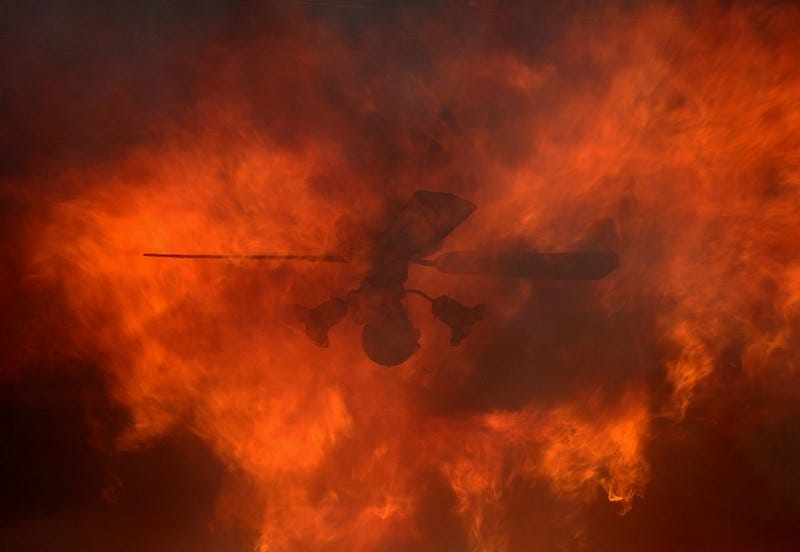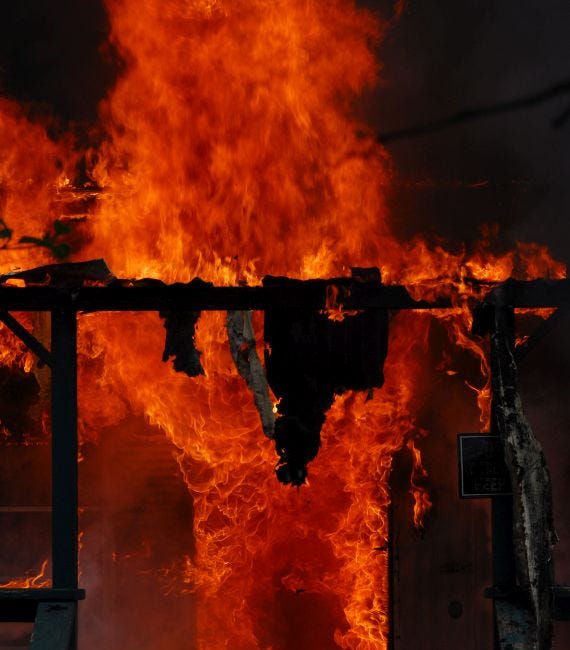This is part II, an update if you will, of my last essay concerning the abrupt and unusual termination of a local fire chief with nearly 40 years of exemplary volunteer service in a very rural district here in the Pacific Northwest. If you haven’t read the first essay, I humbly suggest you start there before reading on:
Firing The Fire Board
·
This is an essay about the termination of a local fire chief with nearly 40 years of exemplary volunteer service, and how it appears to mirror the larger, significantly global symptoms of growing ineptitude and irresponsibility in ‘representative’ government.
Keep reading with a 7-day free trial
Subscribe to Good news in bad times to keep reading this post and get 7 days of free access to the full post archives.



